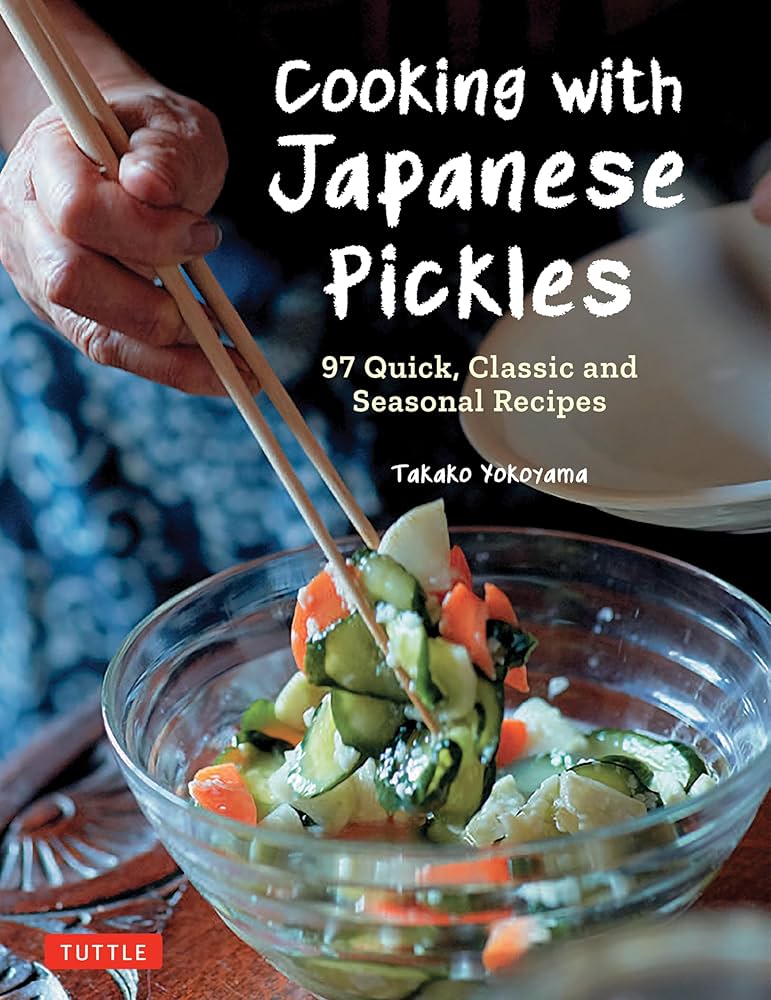Preserving Traditions: Why Pickling Matters Now More Than Ever
As the crisp autumn air begins to blanket the fields, there’s a unique magic that comes alive in the world of seasonal gardening. I find myself drawn to stories like that of Anita Smith, a dedicated gardener and preserver, who continues a cherished tradition of pickling amidst the changing seasons. This time of year marks a bittersweet finale for the cucumbers and other produce that have flourished in gardens across the country.
A seasonal garden filled with cucumbers ready for harvest.
Anita, with her hands adorned in prickles and dirt, recalls how her journey into the art of preserving began with simple moments spent alongside her mother. “I began really when I started washing jars for my mom when I was a little girl,” she reminisces. There’s a warmth in her voice that resonates deeply with many of us who hold dear memories of our childhood intertwined with family traditions. Those early experiences often shape our future endeavors, leading us into paths we never expected.
The Love of Pickling
Each autumn, Anita transforms her bountiful harvest into jars of vibrant pickles, relishes, jams, and more, preserving not just fruits and vegetables but also memories and family legacies. She practices the age-old art of canning with dedication, utilizing glass lids and rubber rings in a water bath method, a technique not commonly embraced in today’s fast-paced world. “Not too many people do it anymore,” she observes, highlighting a poignant reality about modern food preservation practices.
“I do green beans and carrots and corn the old-fashioned way…”
— Anita Smith
In a culture moving towards convenience, Anita stands firm in her commitment to tradition and quality, making each batch of her grandmother’s dill pickles with love, a recipe steeped in history. The tale of her family’s pickle recipe adds another layer to the experience, revealing how food connects generations. Anita shared how her mother had to navigate a language barrier to translate her grandmother’s recipe into English, illustrating how these culinary customs are not just recipes but stories wrapped in flavors. It’s this narrative complexity that makes pickling so special.
Homemade pickles preserved with love and tradition.
Teaching the Next Generation
As a mother of two daughters, Anita’s passion for preserving extends beyond the pots and jars—it’s about instilling a legacy. She’s already shared her canning skills with her daughters, believing that passing down culinary arts magnifies their value. “I know that this recipe will be passed on not only to my daughters but maybe their children,” she affirms, highlighting the responsibility we have to safeguard family traditions from fading into obscurity.
Anita’s awareness of the fragility of tradition is eye-opening. She notes, “It only takes two generations to lose family traditions. Once you skip a generation, it’s very easy for the next generation to skip it too.” This wisdom rings true not just for her family but for many of us; it serves as a gentle reminder to actively engage with our heritage. Many of us can adapt the stories and practices of our families to fit contemporary lifestyles, perpetuating the recipes and rituals that define our cultural identity.
The Joy of Canning
Despite its labor-intensive nature, Anita finds the canning process worthwhile, fueling her passion each fall. It’s not just about the final product—those delightful jars lined up on shelves, bursting with color and flavor—it’s about the community built around the practice. Canning sessions can transform into family gatherings, filled with laughter and shared experiences. I’ve experienced this myself during my own pickling afternoons with friends, and the process becomes as enjoyable as the product.
Gathering for a canning session with friends.
Much like Anita, I find immense satisfaction in preserving summer’s bounty, knowing that I’m capturing a moment in time to enjoy throughout the colder months. With each jar, I infuse memories of shared meals and whimsical gatherings, reinforcing ties with the land and my loved ones. This connection is precisely why pickling—and all forms of preservation—are so significant in our contemporary culinary practices.
A Taste of Heritage
In a world where supermarket aisles brim with mass-produced condiments, life’s true flavors often come from our kitchens. Recipes like Anita’s dill pickles aren’t just about tangy bites—they symbolize resilience, nostalgia, and community. They remind us that while trends may shift towards automation and convenience, the heart of preserving food lies in patience and passion.
We all have that cherished recipe that anchors us back to our roots, whether it’s a perfect jar of pickles or a velvety jam. Engaging in the act of preserving translates into actively participating in our food narrative, a story that we compose but also inherits.
So I challenge you to not just admire the transformation of fresh pickles through the glass jar but to reconsider your own relationship with food preservation. This fall, take the plunge into canning, and create something deliciously authentic in the comfort of your kitchen. Remember—each jar holds not just food but a connection to our past, a memory meant to be shared.
Passing down family recipes through generations.
As Anita aptly puts it, “The only part of this family tradition that should disappear is the last baby pickle.” Let’s ensure that this tradition lives on, preserving both our culinary heritage and the memories entwined within each jar.
Your Turn to Preserve
What traditions will you carry forward in your kitchen this season? The opportunity lies ahead, filled with the promise of flavors yet to be discovered and stories waiting to be told. Join me in embracing the art of pickling and let’s preserve our past for future generations to savor.


 Photo by
Photo by 











